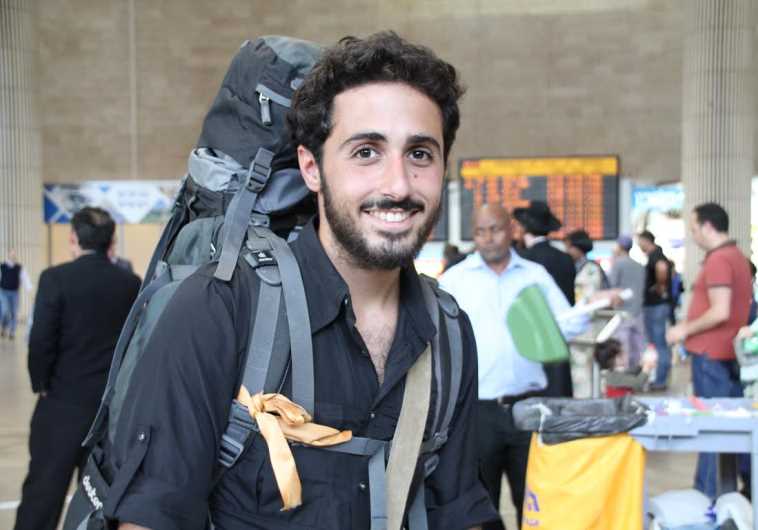'Or Asraf said he’d see us at the next village'
The massive earthquake which struck Nepal, setting off an avalanche, swept Asraf, 22, off his path and to his death.
 Omri Kadoch at Ben Gurion International Airport on Sunday, right after he landed from Nepal(photo credit: TOVAH LAZAROFF)
Omri Kadoch at Ben Gurion International Airport on Sunday, right after he landed from Nepal(photo credit: TOVAH LAZAROFF)